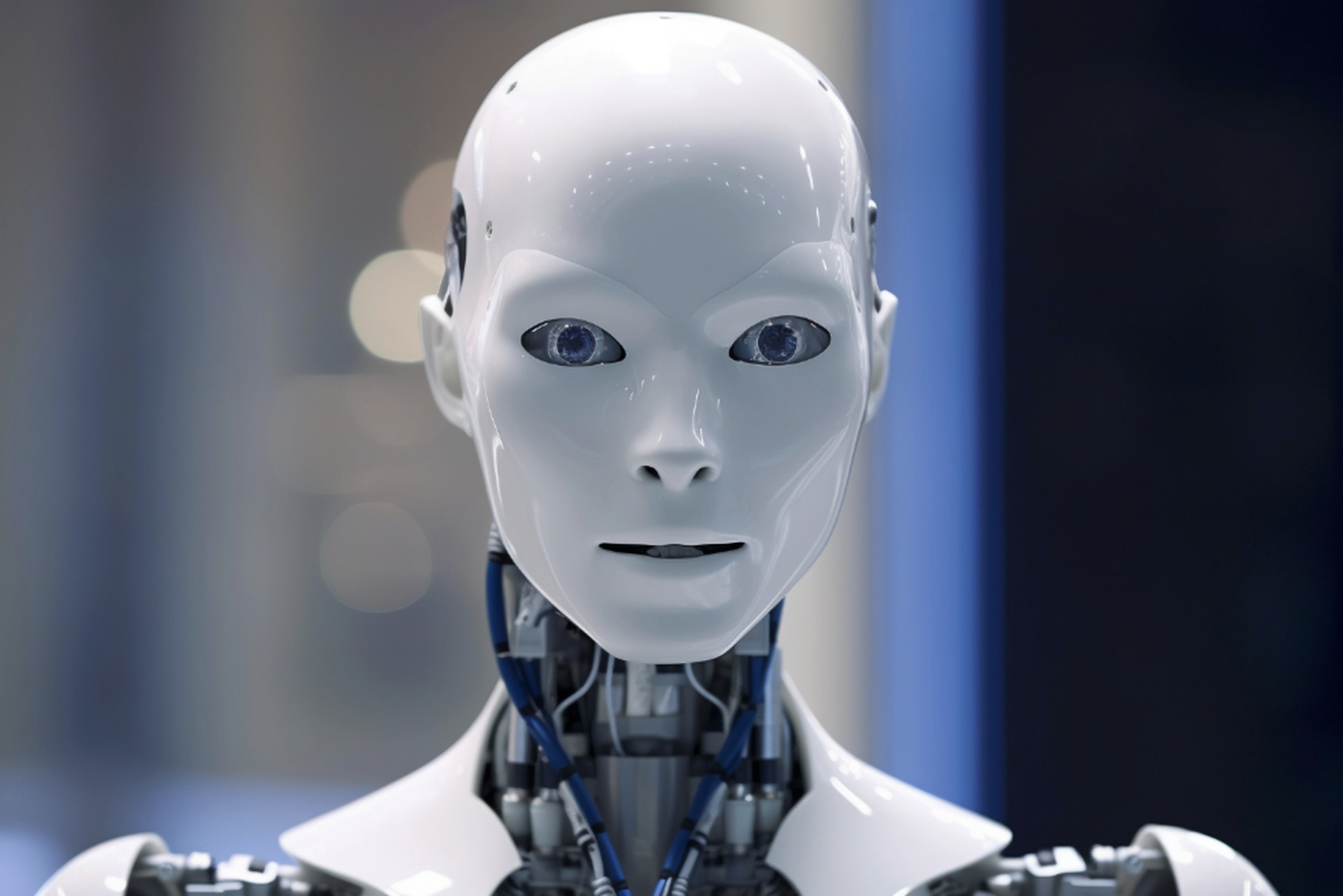Scientists in China have achieved a remarkable breakthrough in artificial intelligence (AI) by developing a robot powered by a lab-grown artificial brain using human stem cells. This brain-on-chip technology enables the robot to perform tasks such as avoiding obstacles and grasping objects, showcasing the potential for advanced brain-computer interfaces (BCI) and hybrid human-robot intelligence.
Revolutionary Brain-on-Chip Technology
Researchers at Tianjin University have successfully created a simplified brain-like structure from human stem cells, known as a brain-on-chip, which controls the robot. According to the South China Morning Post, this innovative neural interface chip allows the robot to execute basic tasks with precision.
This development signifies a major advancement in brain-computer interfaces, a field focused on merging brain activity with external computing power. BCI has garnered significant attention, with companies like Elon Musk's Neuralink developing implantable chips to control devices using the mind.
Insights from Researchers
Tianjin University researchers have described their creation as “the world’s first open-source brain-on-chip intelligent complex information interaction system.” They believe this technology could pave the way for brain-like computing. Ming Dong, vice president of Tianjin University, explained to the state-owned Science and Technology Daily:
“[This] is a technology that uses an in-vitro cultured ‘brain’ – such as brain organoids – coupled with an electrode chip to form a brain-on-chip,” which encodes and decodes stimulation feedback.”
Understanding Brain Organoids
Brain organoids are small clusters of brain-like tissue derived from special cells that can transform into various cell types, typically found in very young embryos. Scientists have integrated these brain organoids into actual brains, discovering that they can connect and function alongside real brain tissue.
In a recent unedited manuscript published in the peer-reviewed Oxford University Press journal Brain, researchers detailed their findings:
“The transplant of human brain organoids into living brains is a novel method for advancing organoid development and function. Organoid grafts have a host-derived functional vasculature system and exhibit advanced maturation.”
Future of Hybrid Human-Robot Intelligence
The research at Tianjin University marks a significant step towards creating hybrid human-robot intelligence, combining artificial and biological elements to enhance computational capabilities. This technology holds promise for the future of AI and robotics, potentially revolutionizing how machines interact with and respond to their environments.
TOI Tech Desk
The TOI Tech Desk is a dedicated team of journalists committed to delivering the latest and most relevant news from the world of technology to readers of The Times of India. Their coverage spans a wide spectrum, including gadget launches, reviews, trends, in-depth analysis, exclusive reports, and breaking stories impacting technology and the digital universe. From how-tos to the latest developments in AI, cybersecurity, and personal gadgets, the TOI Tech Desk provides news with accuracy and authenticity.














